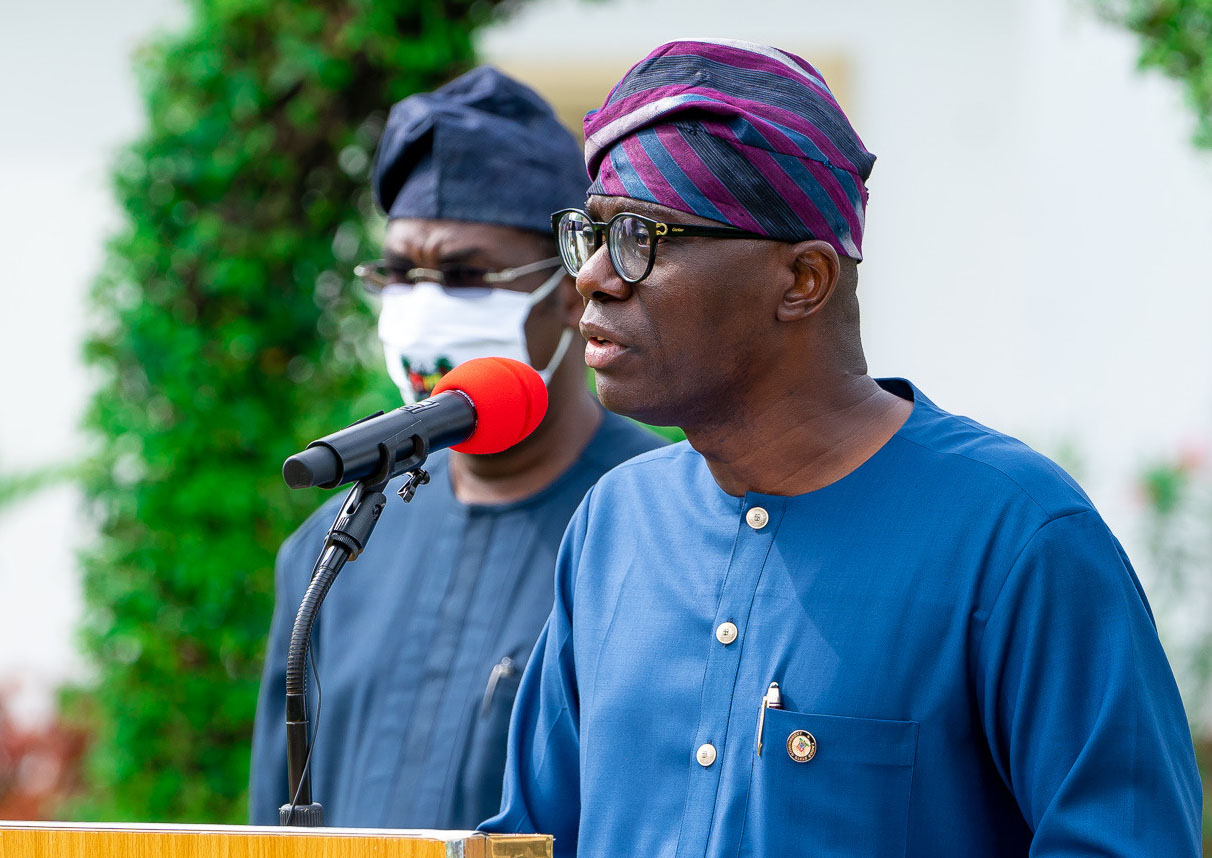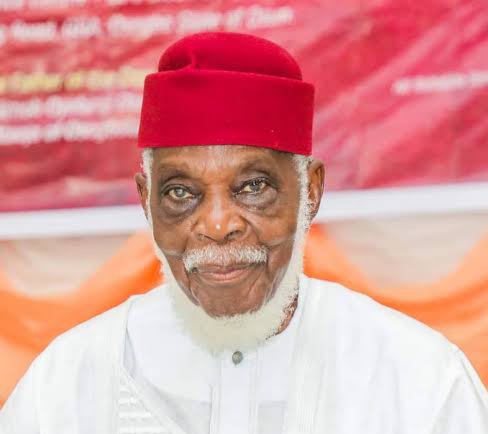1n 2018, World Data Lab , the organization responsible for publishing World Poverty Clock, the global poverty ranking index named Nigeria as the World Poverty Capital of the world . Similarly,Brookings Institution, a US based public policy think tank , predicted that if Nigeria is not able to change her development trajectory, it will be home to 110 million extremely poor people by the year 2030. As embarrassing as these rankings and predictions might seem, it is a wake up call for our country to reorder its national priorities. The ordinary expectation of policy observers is that the unenviable verdict will cause government to direct it’s policy intervention and expenditure pattern to fostering an environment that supports employment creation and poverty reduction.
It is imperative, strategic and compelling to address poverty and one of its pillars, unemployment. Poverty leads to unemployment and in turn unemployment exacerbates poverty. Both issues are intertwined .Rising poverty leads to social disruption including rise in crime, hunger, financial and economic crisis, gloom and hopelessness, and most importantly loss of human dignity. It is in recognition of the devastating effect of poverty that both Millennium Development Goal and Sustainable Development Goal( SDG) made poverty eradication the number one priority. Countries that understand the correlation between rising unemployment , poverty and socio economic crisis make addressing it top priority. Ignoring addressing poverty could partly explain why the security and socio- economic challenges our country currently faces appear intractable.
So rather than simply belly aching and throwing up our arms in the air, the question to address is what can we do and what should we be doing to enable an economic system that can create employment in order to address poverty? This may not be the time to reinvent the wheel. There are proven templates, models or principles that have worked in other climes. The natural inclination is to borrow these lock, stock and barrel. Some of these methods include; government working with private sector to put in place policies that can spur economic growth such as injection of capital, infrastructure provision and upgrade, appropriate business climate , expand or deepen the value chain, make business finance cheaper to access, encourage international trade, train more young people and give them skills that are appropriate to create jobs and not necessarily for employment. Others include, generally scaling up investment in sectors that will support emergence of entrepreneurs who will in turn can create decent jobs. All of these ingredients and models are relevant depending on how they are applied and the availability of capital. but when weighed on its long term capacity to address unemployment as a tool to addressing poverty, these solutions are both challenging and complex.
The most potent tool to addressing poverty and unemployment for an economy such as ours that depends on natural resources with minimal value addition must begin with good education leading and enhanced human capacity building. The reason is because economic growth is a function of capital, entrepreneurship, industrialization, and supply and demand of labour. Nigeria is blessed to have a huge youth population which we can leverage on to build human capital but are we willing to make the appropriate investments to develop this huge potential ? Growth built on capital alone without know- how is not sustainable, on the other hand growth that is dependent on both capital and appropriate human capital may not deliver jobs but at least will make the
economic environment efficient. Education has significant impact on employment prospects. It also affects the quality of work and output of workers in a given territory. So good and functional education would translate to a prepared and efficient work force.
Advertisement
Unfortunately, we make the mistake of assuming that education is the sole responsibility of government. While government does have a significant role to play in ensuring good education, communities and individuals are also stakeholders in the sector. There is no gainsaying that education is the bedrock of solutions to tackling poverty and unemployment on a sustainable basis , however, available data does not suggest that we have given education its pridde of place in our economic and financial planning. A quick overview of budgetary allocations between 2017 and 2019 showed that we have had marginal increment for education sector but hovered around 6-7 percent of federal budget. This is far below the UNESCO recommendation of 15-26 percent minimum allocation to education. With Covid 19, the likelihood is that even what is appropriated may not be released. Indications from active players in the education sector says that there has been improvement in transparency and utilization of fund meant for education sector in the past four years.
Whereas funding is the biggest challenge, there are other equally important data that calls for concern. Nigeria with 13.2 million school age children who are not enrolled in school is reported to have the highest number of out- of – school children globally according to a report by UNICEF . This is not unconnected to security issues is some northern states, poor condition of primary and secondary schools for which states and local government have primary responsibility. The quality of our educational outcomes is even more worrisome. The same Unicef report has it that about 27 million school children are performing poorly and can barely read and write . 60 million Nigerians are half educated and are unemployable because they neither have relevant skill nor mental attitude. This poor quality of products of our educational system manifest in the labour market. Employers find it a Herculean task finding the right manpower that meets their needs and prospective employees on the other hand cannot find job because they have certificates but not corresponding mental and skill capacity. Frightening is the fact that with technological advancement, if our youths don’t upscale, we stand the risk of losing the few available jobs to automation.
Strengthening our educational System and outcome is important if we are serious as a nation in addressing the root cause of poverty on a sustainable basis. Both the public and private sectors have different roles to play . At the governmental level , four critical intervention are important. One is for us to scale up investment in education as was done by East Asia and Middle East countries as a conscious step to make their citizens employable and lift them out of poverty. Singapore applied this method in its transition years under Lee Kuan Yew.
Advertisement
Another is for the educational system to meet the “town”, which means strengthening collaboration between educational institutions and industry so we produce products that are trained not to be slaves for survival but to develop capacity to think , reason and innovate to solve complex societal problems. Graduates that are trained to create jobs and not just the British model of education that trains you for employment. This is exactly what Germany did in its transition years by creating the “marginal Berlin culture “and got companies to invest heavily in research.
The third is government should take deliberate steps to encourage affordable education without compromising quality of output. The current situation where the private sector educational institutions are beyond reach for a country of many poor people portends danger and has the unintended effect of breeding more out-of-school children.
Admitted government cannot regulate cost of private sector educational institutions but improving the quality and affordability of public or government funded institutions will put to work market forces against private sector schools. Finally , what training are given to products of our educational system. It’s time to ensure the curriculum is adapted to tackle our challenges based on our environment.
Evidence abound that the most reliable way to move from the world poverty capital to a prosperity Centre , albeit, on the long term is to reorder our national priorities and make education a cornerstone of our economic growth focus.
Advertisement
Views expressed by contributors are strictly personal and not of TheCable.







